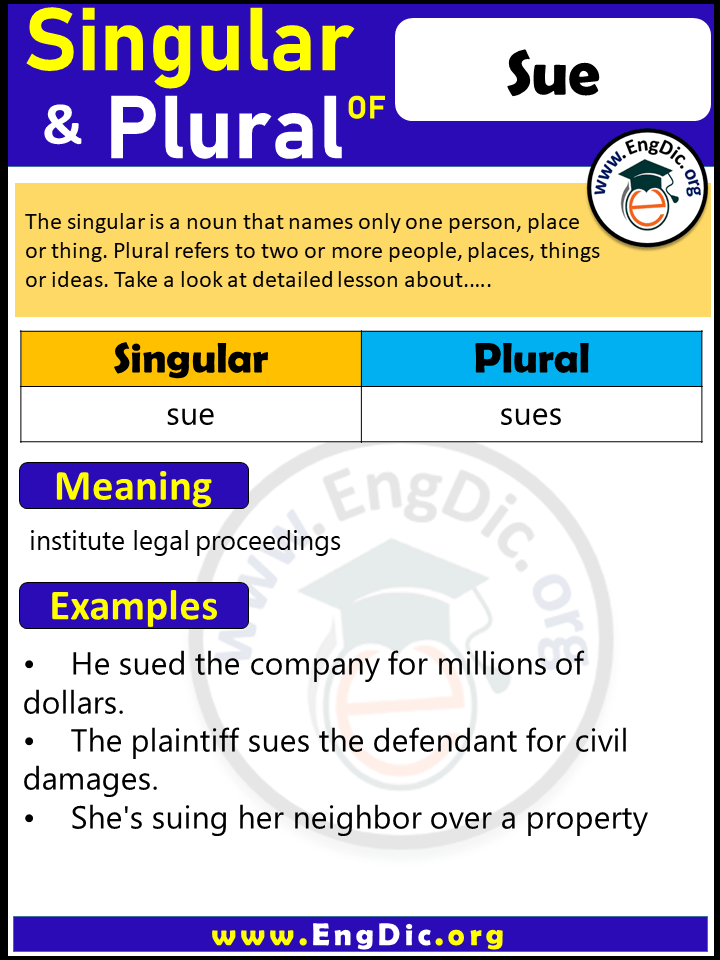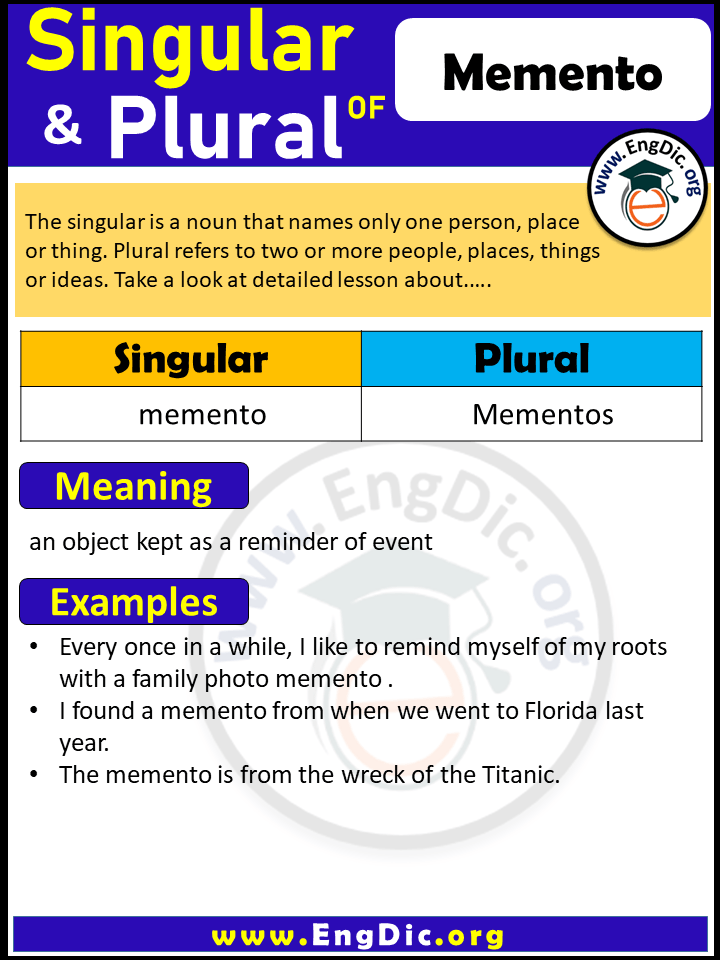Meaning: a prediction of what will happen in the future
Singular and Plural of Prophecy
| Singular | Plural |
| prophecy | Prophecies |
Prophecy as a Singular Noun in Example Sentences:
- The ancient text contains a mystical prophecy about the future.
- The prophet’s prophecy foretold a period of great change.
- She believed in the power of prophecy and consulted seers.
- The king sought guidance from a trusted prophecy reader.
- The priest interpreted the prophecy as a warning of impending disaster.
- The people anxiously awaited the fulfillment of the ancient prophecy.
- The witch claimed to have the ability to see into the future and make prophecies.
- The book of prophecy became a bestseller after the prediction came true.
- The prophecy influenced the decisions of many political leaders.
- The believers organized a gathering to discuss the latest prophecy.
Prophecy as a Plural Noun in Example Sentences:
- The town was filled with rumors and conflicting prophecies.
- The ancient civilization had a collection of sacred prophecies.
- The religious sect adhered to a specific set of prophecies.
- The fortune teller claimed to possess ancient prophecies.
- The oracles delivered their prophecies in cryptic language.
- The scholars debated the interpretation of the biblical prophecies.
- The royal court consulted various seers for accurate prophecies.
- The book contained a compilation of Nostradamus’ famous prophecies.
- The cult leader used false prophecies to manipulate his followers.
- The villagers sought guidance from the wise woman and her prophecies.
Singular Possessive of Prophecy
The singular possessive form of “Prophecy” is “Prophecy’s”.
Examples of Singular Possessive Form of Prophecy:
- The interpretation of prophecy’s meaning requires analysis.
- Prophecy’s accuracy is debated among scholars.
- The revelation of prophecy’s message is significant.
- Prophecy’s impact on society is profound.
- The fulfillment of prophecy’s predictions is awaited.
- Prophecy’s symbolism is subject to interpretation.
- The relevance of prophecy’s guidance is timeless.
- Prophecy’s influence on history cannot be ignored.
- The study of prophecy’s origins reveals insights.
- The exploration of prophecy’s implications is ongoing.
Plural Possessive of Prophecy
The plural possessive form of “Prophecy” is “Prophecies'”.
Examples of Plural Possessive Form of Prophecy:
- The scholars’ interpretations of prophecies’ meanings vary.
- The prophets’ words hold clues to prophecies’ fulfillment.
- The ancient civilizations’ records document numerous prophecies’.
- The accuracy of multiple prophecies’ predictions is remarkable.
- The theologians’ discussions revolve around prophecies’ significance.
- The scholars’ research sheds light on prophecies’ symbolism.
- The believers’ faith is strengthened by prophecies’ fulfillment.
- The prophets’ visions guide the understanding of prophecies’ messages.
- The religious texts contain various prophecies’ prophecies.
- The analysis of different prophecies’ contexts enhances understanding.






